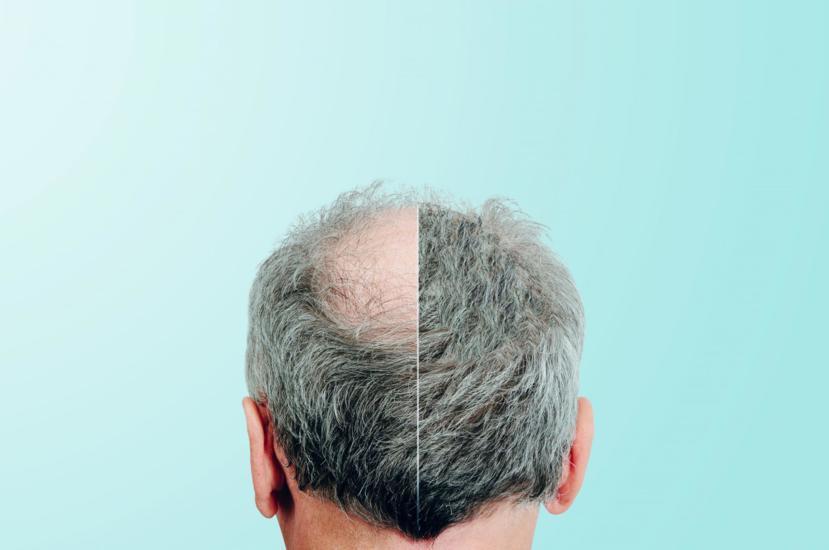Side Effects After Hair Transplantation

Dr. Arslan is a Hair Transplant surgeon who has been practicing in Turkey for more than 13 years. He is a member of the International Society of Hair Restoration Surgery’ and performs procedures at his practice Hairmedico.
Although hair implant surgery is considered very safe, side effects are possible. They are usually minimal and some can be easily treated with medication prescribed by the hair transplant surgeon. Here are a list of some side effects that can occur.
POSSIBLE SIDE EFFECTS AFTER A HAIR TRANSPLANT
- Swelling, edema: Most patients experience swelling in the forehead after a hair transplant, which is due to the use of anesthetics and fluid but is also part of the healing process. Without the edema, the wounds and lesions would not heal. This is a temporary situation during which it is preferable to remain calm and rest. Swelling and edema may be especially noticeable in the area around the forehead and around the eyes. This usually lasts a few days. As a result, some people may even present a blue around their eyes.
- Hypersensitivity of the scalp: Hypersensitivity of the back area (donor area) is manifested by slight pain upon touch and contact.
- Scabs on the grafted area: The formation of scabs after a capillary implant procedure is a biological defense of the skin against bacteria and infections. These scabs will naturally fall off and disappear in about ten days or less. The healing of wounds depends directly on the healing capacity of your body.
- Itching after hair transplant: Itching is most likely to occur in the days following the hair transplant procedure. They are very often linked to the crusts that form to heal the incisions, it is especially not necessary to scratch before they fall or disappear by themselves. You can use a mild shampoo with neutral Ph, a moisturizing lotion or aloe will see to relieve you on the advice of your surgeon.
- Infections : Infections after a hair transplant can be caused by poor patient hygiene. They can manifest themselves by suppurating wounds, fever, swelling which do not leave in these cases, consult your doctor at the first infectious signs.In (normally) very rare cases, they can also be linked to infected surgical instruments or operating rooms that do not meet hygiene standards. In this case, a doctor should be consulted.
- Numbness / Insensitivity of the scalp: This feeling of numbness or insensitivity of the scalp after the hair transplant is an evidence. The patient is likely to experience numbness or a feeling of insensitivity of the scalp for a few weeks. These symptoms are due to reduced blood circulation in the capillary tissues. This is a temporary phase that is also part of the healing process.
- The shock loss after the hair implant: After a hair transplant, the hair tends to thin. Some hair may fall out. It’s a normal reaction. This is a shock reaction of the scalp after the hair transplant operation.
Shock loss may occur:
- When hair loss is still active (not stabilized)
- When a patient who is too young does a hair transplant.
- When a large number of grafts are implanted in the same session. The scalp attacked and tired, therefore, can not feed all the new follicles and can reject a part.
- They can occur if you have chosen your hair implant surgeon wrongly and/or if your skin reacts atypically to the graft. The physiological reactions of your body should normally have been identified by the surgeon during the examinations and analyses prior to the operation. They are essential to evaluate the best suited solution to each patient. In some cases, transplantation is not possible…
ADVICE
To minimize the undesirable effects following a hair transplant, alcohol should be avoided the first days after the hair transplant. Tobacco should be excluded as long as possible or even stopped. Indeed, tobacco not only increases the risk of infection but also delays healing, decreases blood flow and therefore good viability of grafts. Any medication or treatment taken before hair transplant, beard transplant or eyebrow transplant must be reported.









